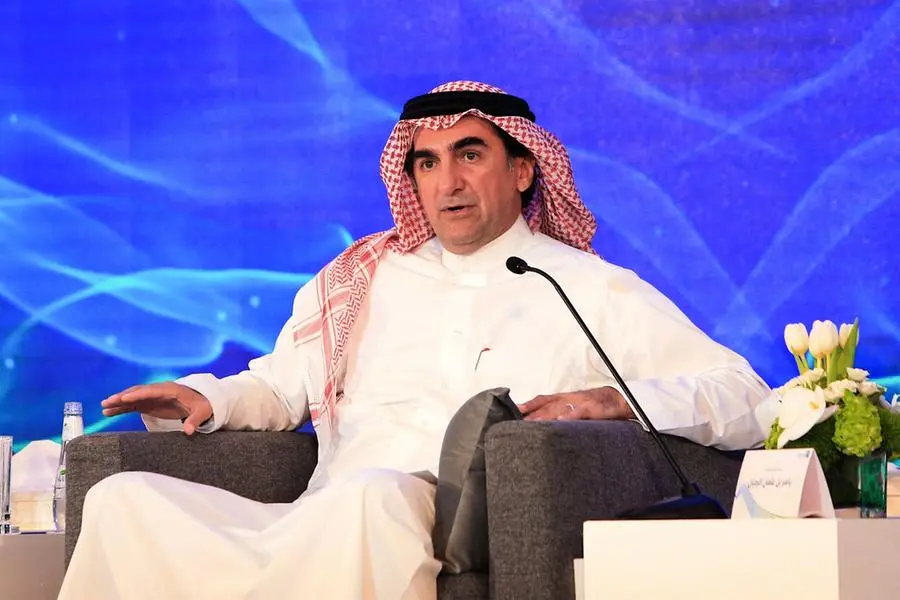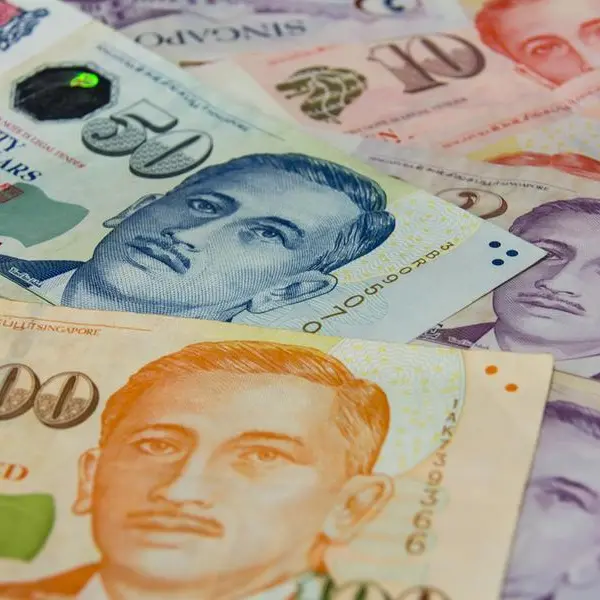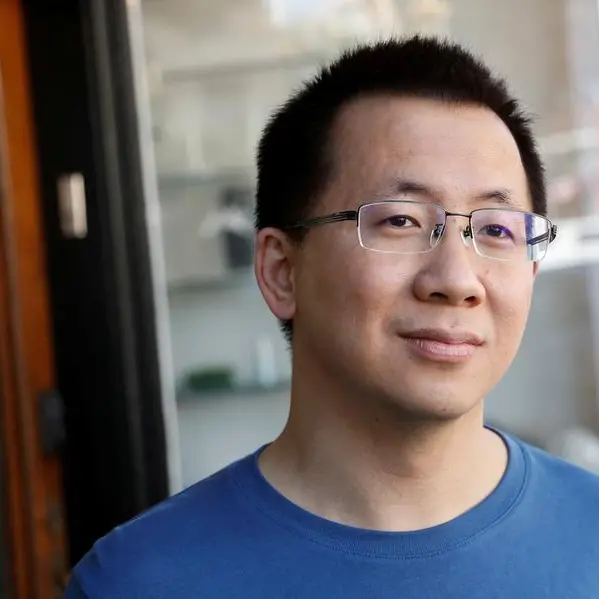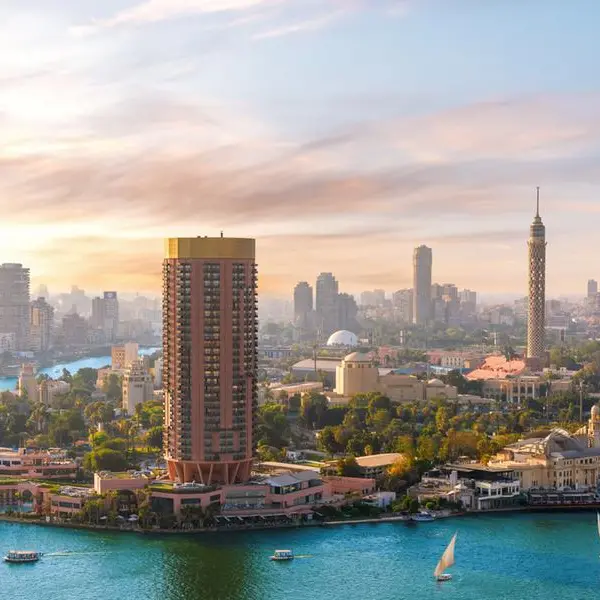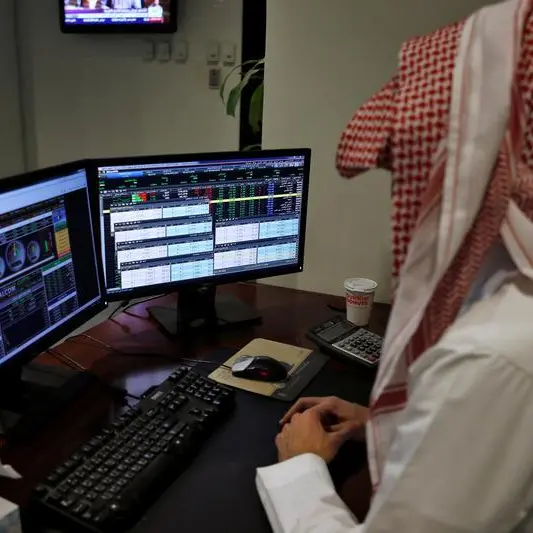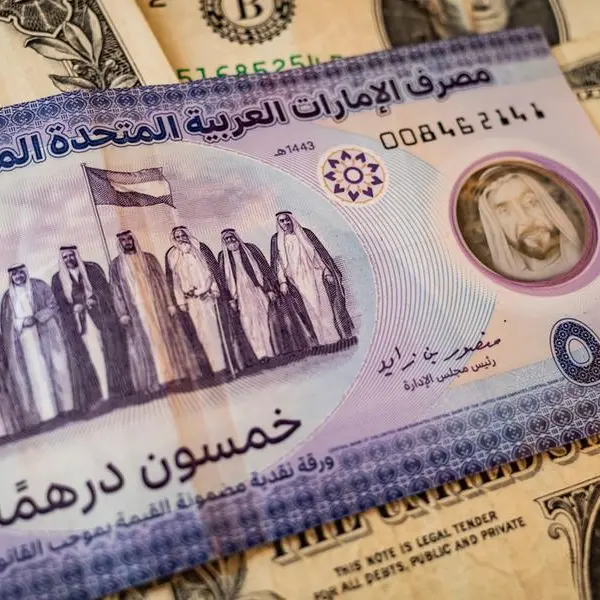PHOTO
Yasir Al-Rumayyan, the governor of Saudi Arabia’s Public Investment Fund (PIF) and Chairman of Saudi Aramco, said governments and businesses are unable to sustain the level of spending that they did in the past and they must now reduce spending to embrace new realities.
“As central banks have tightened monetary policy to slow inflation, businesses and governments have to adjust to this new reality,” Yasir Al-Rumayyan said, addressing the Future Investment Initiative conference in Riyadh. “This has been the fastest rate increase since the early ‘90s, which has caused predictable disruptions in global markets.”
To sustain this level of spending, Al-Rumayyan said that “priorities” will need to be made moving forward, which includes embracing new sustainable initiatives and opening up to technological advancements, the most significant of them being Artificial Intelligence or AI.
“AI can increase a country’s annual GDP by 14% by 2030. But embracing such technologies calls for a global collaboration in AI governance,” he said. “AI will be important in shaping financial and economic sectors in the future. But we must be practical as well.
“With rise of AI comes the rise of energy consumption. The computing powers are massive and increasing. The daily energy consumption to support ChatGPT is estimated at 564 MW per hour, which is equivalent to the energy needed by 26,000 American homes in a year. The benefits of AI need to be balanced with its carbon footprint,” he said.
Al-Rumayyan highlighted Saudi Aramco’s sustainable initiatives towards a greener future including the oil and gas giant’s tie-up with ENOWA (Neom Energy and Water Company) in September to work on two demonstration plants to explore production of low-carbon synthetic fuels.
“We are working to demonstrate the production of synthetic gasoline for light-duty passenger vehicles, which will reduce the need for conventional fuels by 70%,” he said.
At the FII panel, Al-Rumayyan also spoke about Saudi Arabia's drive towards a sustainable future. "By 2030, in Saudi Arabia, we want 50% of the power to come from renewables and 50% from conventional methods."
(Reporting by Bindu Rai, editing by Seban Scaria)
